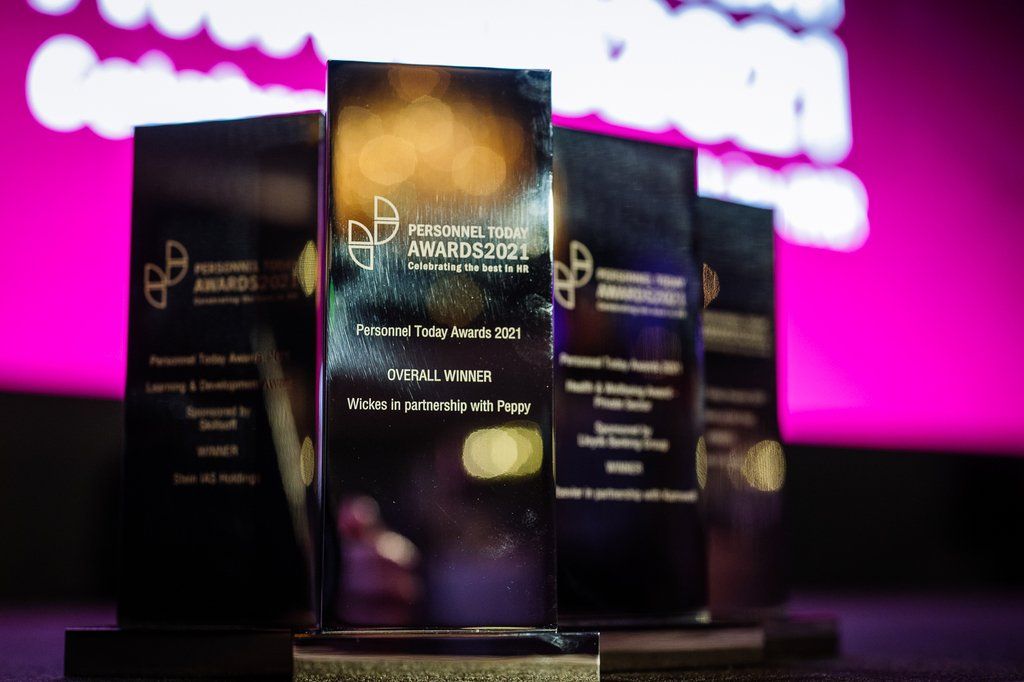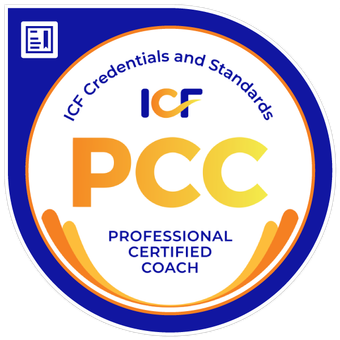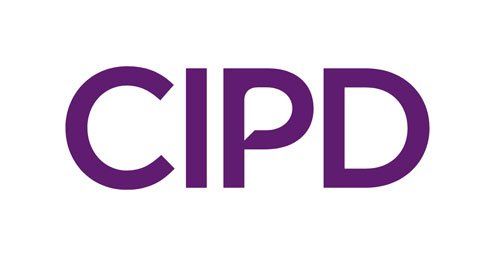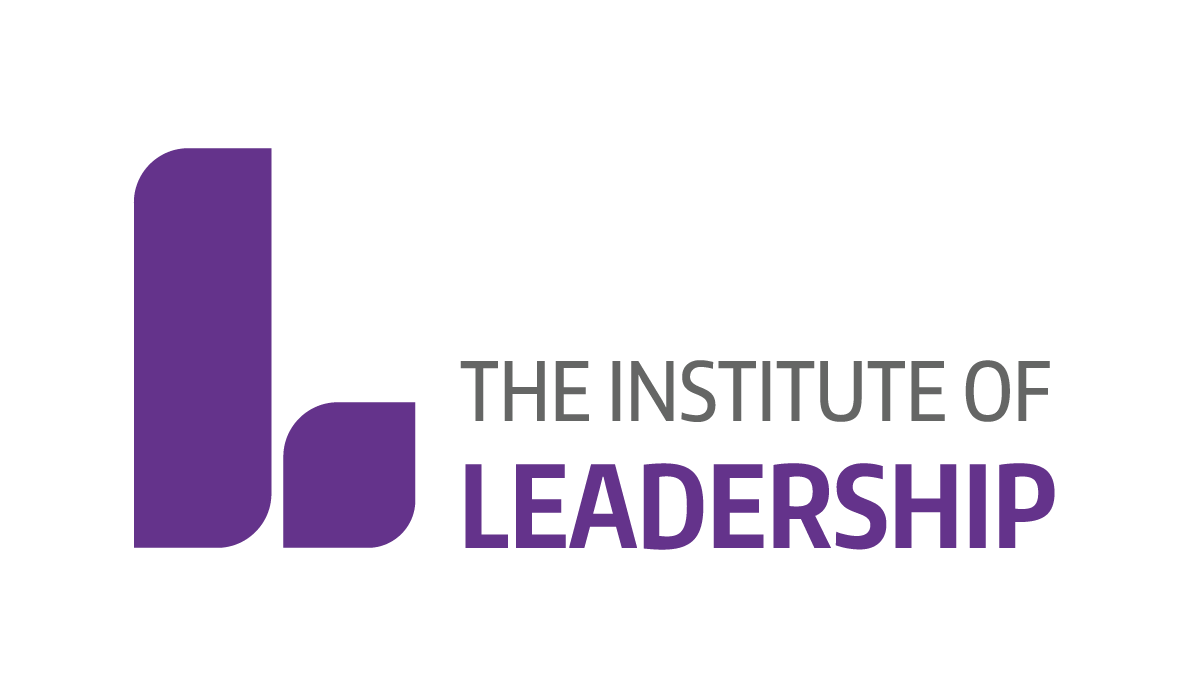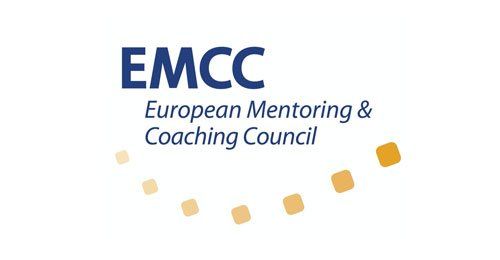Essentials
A Foundation Management Programme
Essentials
Many managers are promoted to the line-management role because they’re good at their existing job. In our experience first time line-managers welcome help in the form of new knowledge, insight, tools, tips and techniques in the early part of their management career that is deeply practical and pragmatic.
Our 8 module Essentials Programme covers the basics, without overwhelming participants. The easy to access, bite-sized learning events and supporting materials are designed to allow new managers to use effective skills and practices straight away in their role.
Learning Outcomes:
- Understand what to expect when making the transition from managing yourself to managing others
- Understand the role of the line manager and the responsibilities it brings
- Design a line management cadence with regular set-piece team meetings and 1:1s
- Prepare for the challenges of the role including setting boundaries and expectations
- Explore how to set the focus and direction of travel using an effective goal setting framework
- Discover how to support performance with regular check-ins, formal appraisals, feedback and development conversations
- Learn how to identify and tackle common early management challenges
- Learn the best-practice time-management techniques
Essentials Programme Pathway
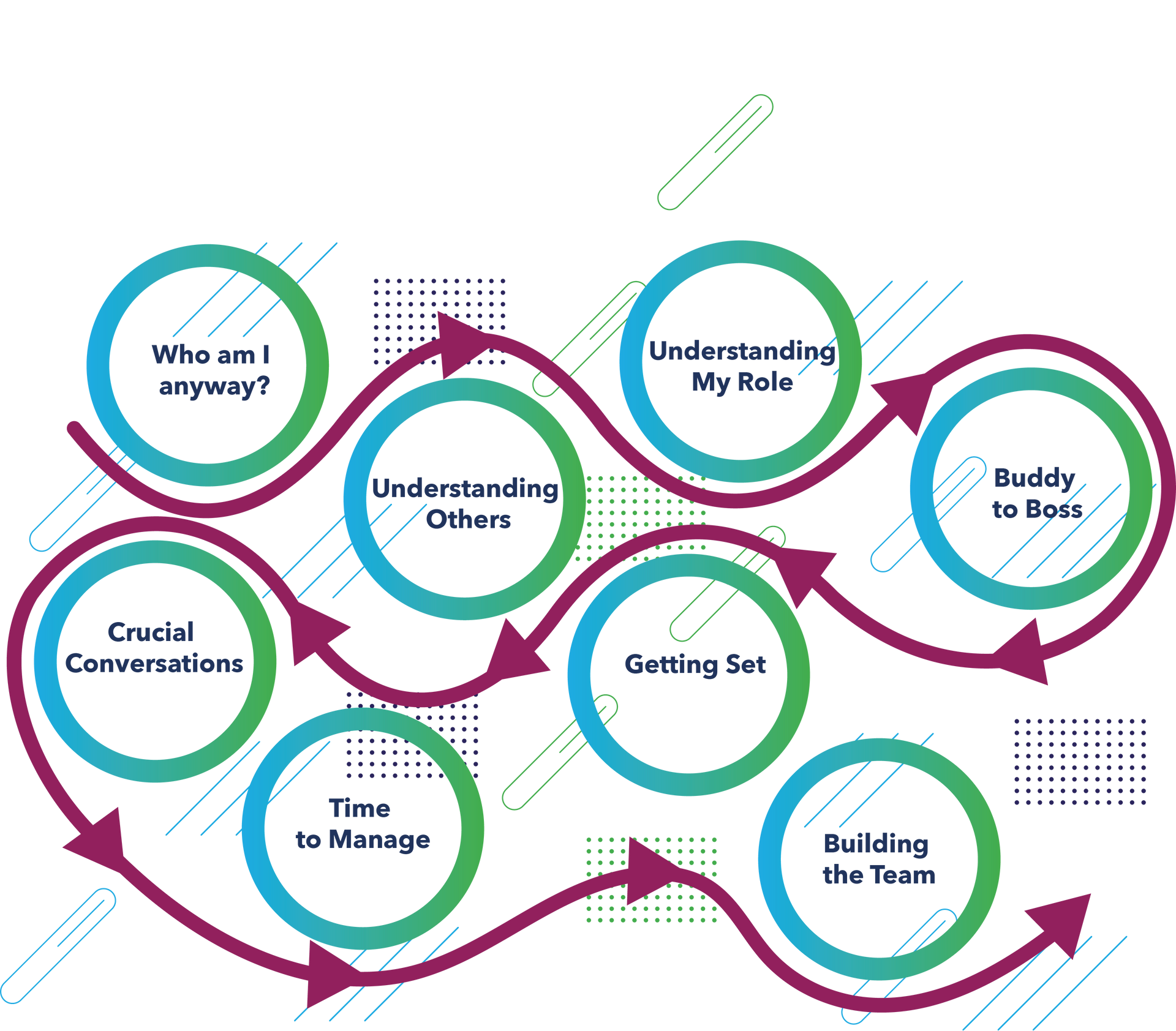
The facilitators clearly have a deep understanding of behavioural science and leadership psychology.
Kevin Dickie, EVP and Managing Director, AMC Networks International
Most in-house programmes include elements of our Personal Impact and Effectiveness training.
Related Articles

